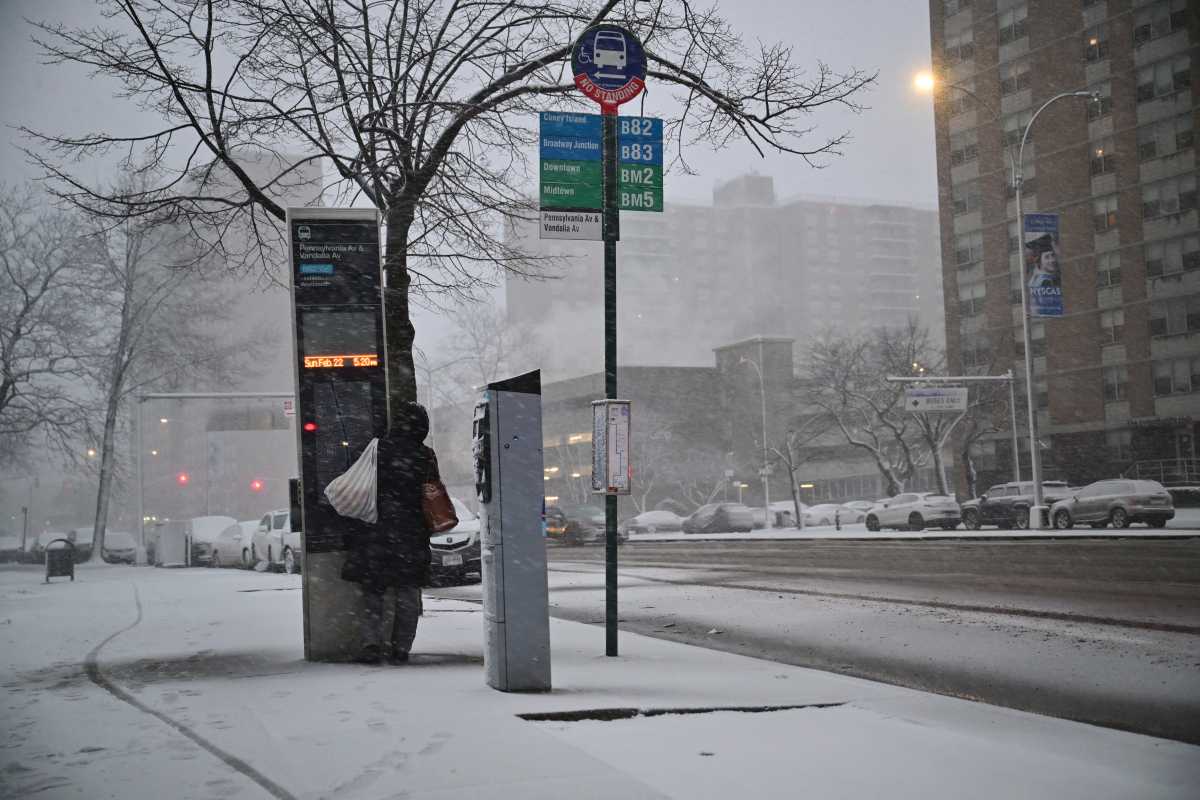As Queens College held the final event in a program series aimed at promoting understanding and discussion, it also honored alumnus Mohammad Salam Hamdani, who gave his life while aiding the victims of the September 11, 2001 terrorist attack.
At the beginning of the May 1 event, “Common Chords: A Celebration of Muslim and Jewish Music,” Queens College recognized Hamdani, a June 2001 graduate who had been training as a paramedic and an ambulance driver.
“When Sal saw the Twin Towers were on fire, he knew that he had to get downtown and try to save lives,” Queens College president James Muyskens said.
Shortly after the attack, when Hamdani hadn’t returned for several days, rumors began to surface speculating that he had been a conspirator of the attack. However, on March 21, 2002, his body was discovered at the World Trade Center.
“Sal was no terrorist,” Muyskens said. “He is a hero.”
Muyskens presented Hamdani’s mother, Talat Hamdani, with a plaque in honor of her son’s heroic measures.
“I would like to thank Professor [Mark] Rosenblum and Queens College and the president for rectifying [the situation] and recognizing my son,” she said. “Salman left a legacy. He went to help his fellow Americans.”
As the evening continued, there were musical performances featuring Salman Ahmad and Yale Strom. Ahmad, who recently became a member of the Queens College faculty, is from Pakistan and is the guitarist and composer for the band Junoon. Strom is a leading ethnographer-artist of Klezmer music. They were joined onstage by musicians of other varying backgrounds.
The event also included a presentation of Children of Abraham with organization co-directors Gul Rukh Rahman and Ari Alexander, who showed the photo essay “Shared Traditions.” The organization “is dedicated to the promotion of dialogue between Jews and Muslims around the world. Through photographic exploration of similarities in rituals and customs, the organization strives for a deeper understanding between the two faiths.”
At the conclusion of the events, those in attendance were able to have Halal and kosher foods while learning about the similarities and the differences between the two.
The recent event marked the final one of the semester held as part of the program “The Middle East and America: Clash of Civilizations or Meeting of the Minds,” which was created by history professor Mark Rosenblum. Its goal was to “promote understand and informed discussion about the Middle East conflict on campus, in high schools, and in the larger community.”






























